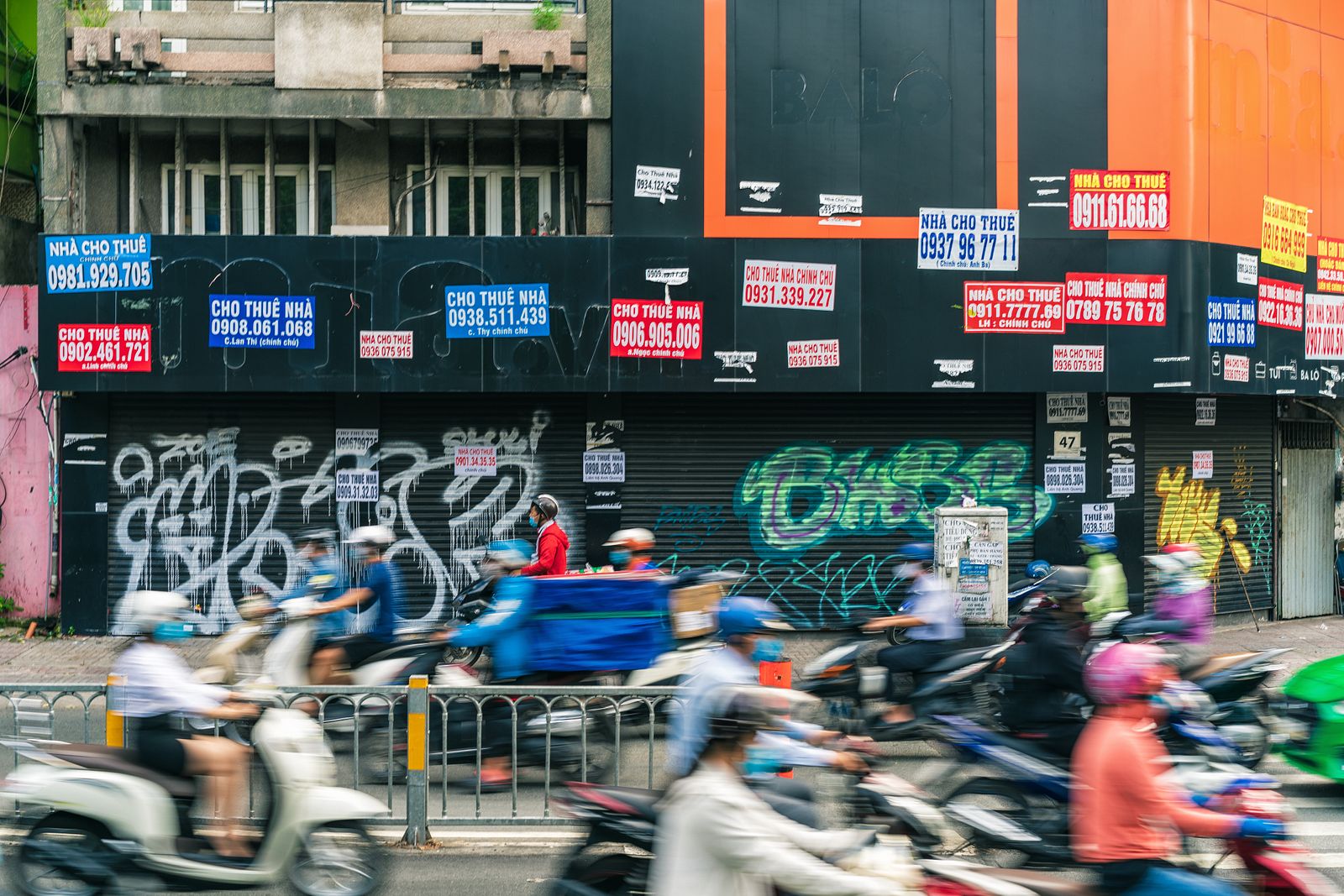The COVID-19 pandemic will dampen Vietnam’s economic growth for 2020, though the country will be in a better position than most of its better-off peers.
The International Monetary Fund (IMF) published its World Economic Outlook report on April 14, painting a grim picture of a world heavily impacted by the novel coronavirus pandemic. The global economy is predicted to shrink by 3% in 2020, a slump that the report deems “its worse recession since the Great Depression” in the 1930s.
According to the IMF, all advanced economies will contract this year, while certain developing Asian economies will still see some growth, albeit reduced. Italy, among the hardest-hit by the virus, will face a 9.1% contraction, while the US and UK economies will decrease by 5.9% and 6.5%, respectively.
In Asia, Vietnam is expected to take the lead with a GDP growth rate of 2.7% in 2020 while some emergent economies will also see positive growth rates, like China (1.2%), India (1.9%) and the Philippines (0.6%). The region’s more advanced economies, however, are predicted to contract, including Japan (-5.2%), South Korea (-1.2%), Taiwan (-4%), Hong Kong (-4.8%) and Singapore (-3.5%).
Vietnam finished 2019 with an impressive 7% GDP growth rate, according to IMF data, and was expected, before the pandemic, to continue this robust expansion. The Vietnamese government has recently set a target to attain annual growth of 7% from 2021 to 2025 to make up for 2020’s decline.
When put in the global context, Vietnam’s reduced growth rate for 2020 might seem rosy, but some local sectors are already facing damage that might be hard to reverse. Scores of small- and medium-sized businesses have shuttered since February, while as much as 98% of workers in the tourism and aviation industries are currently out of work.
Because of the unique nature of this recession, the IMF also points out the difficulty governments will face in spurring economic activities.
“In normal crises, policymakers try to encourage economic activity by stimulating aggregate demand as quickly as possible,” IMF Chief Economist Gita Gopinath writes in the report’s foreword. “This time, the crisis is to a large extent the consequence of needed containment measures. This makes stimulating activity more challenging and, at least for the most affected sectors, undesirable.”
Still, the report also gives some optimistic predictions that the global economy will bounce back with a growth rate of 5.8% in 2021 and similar positive figures by most economies that would even trump those of 2019. Vietnam’s economy is also expected to expand by 7% in 2021.
These estimates, however, are based on a baseline scenario in which the COVID-19 pandemic tapers off in the second half of 2021, allowing governments to ease containment measures. "Strong containment efforts in place to slow the spread of the virus may need to remain in force for longer than the first half of the year if the pandemic proves to be more persistent," the report warns.














